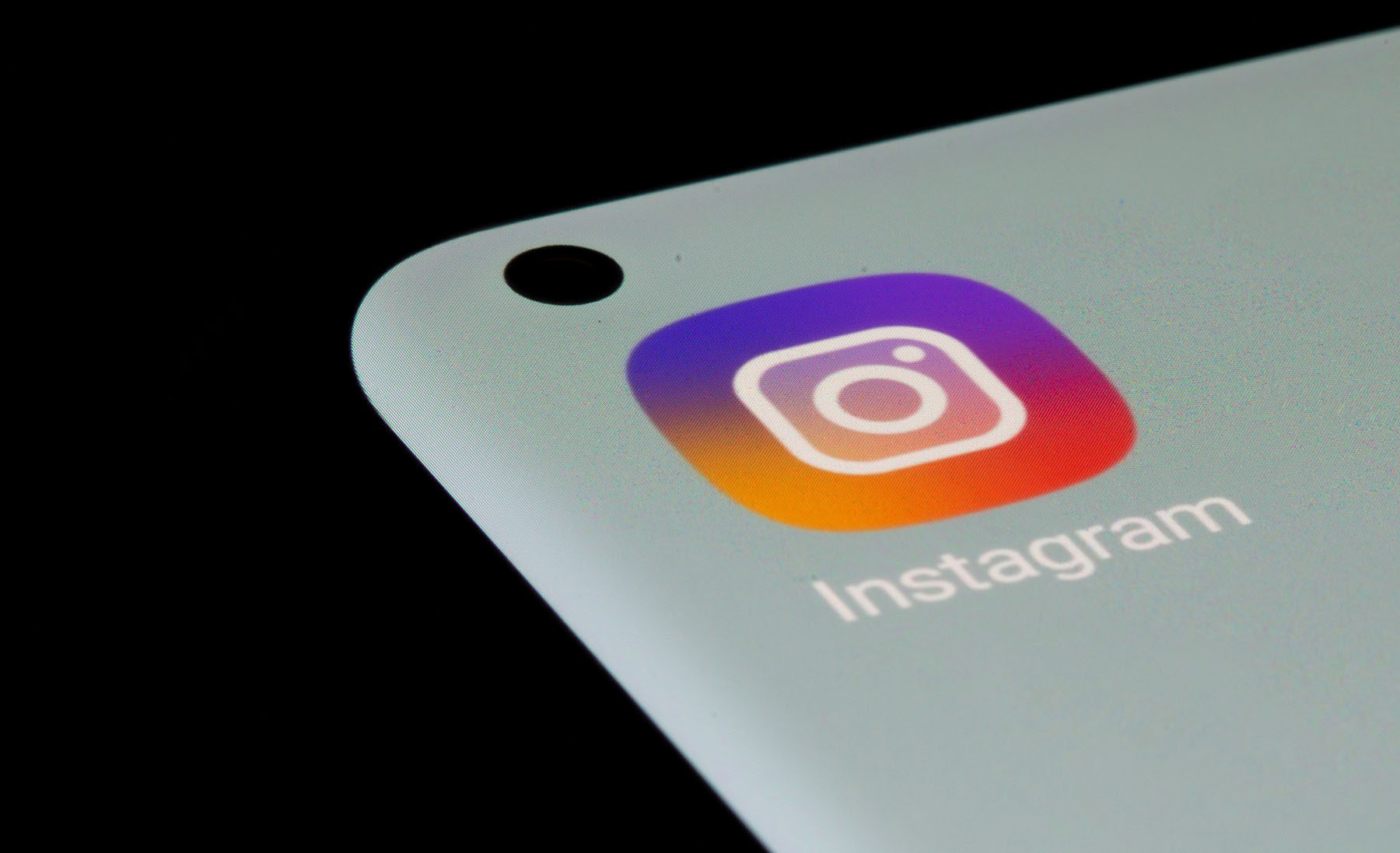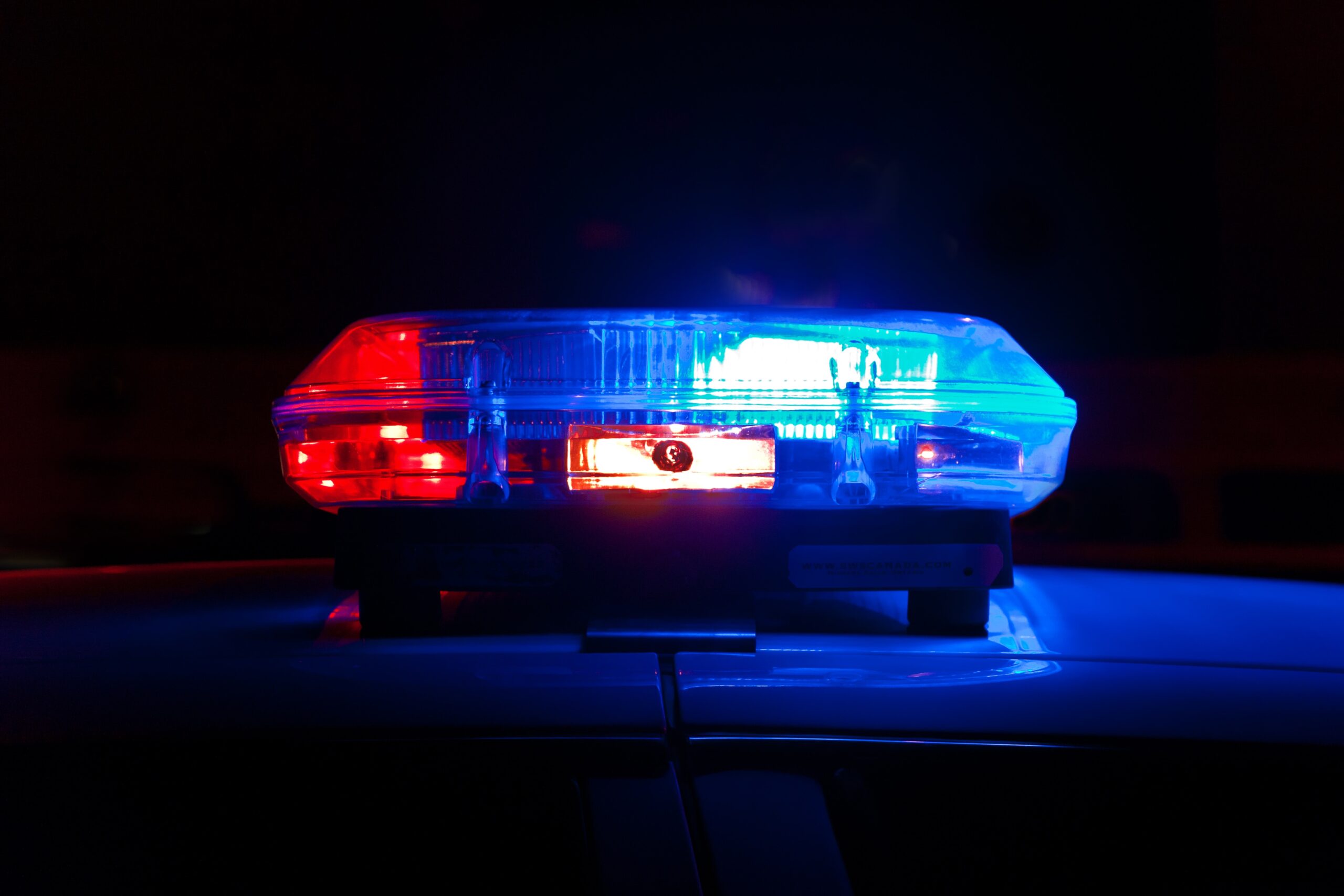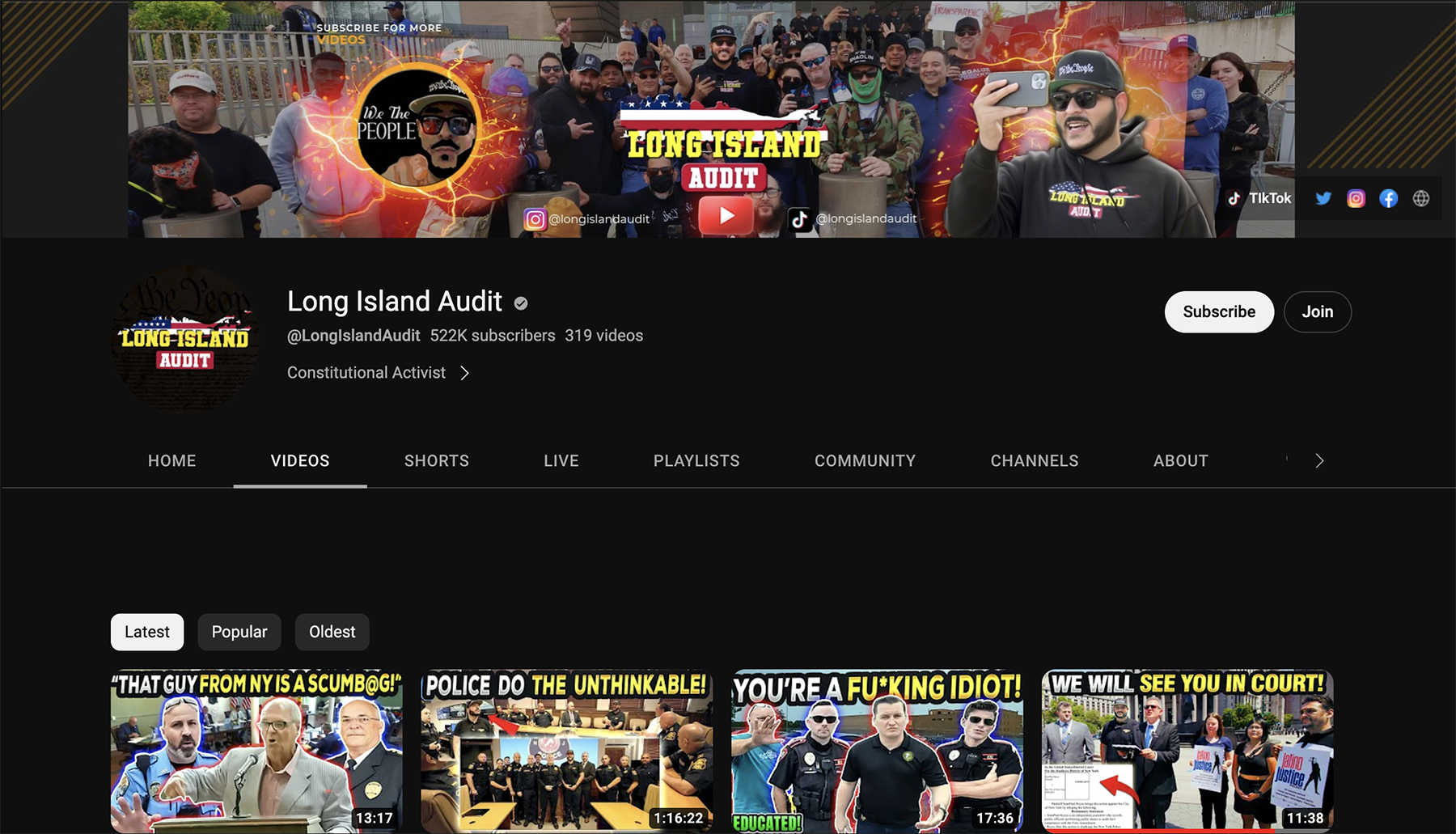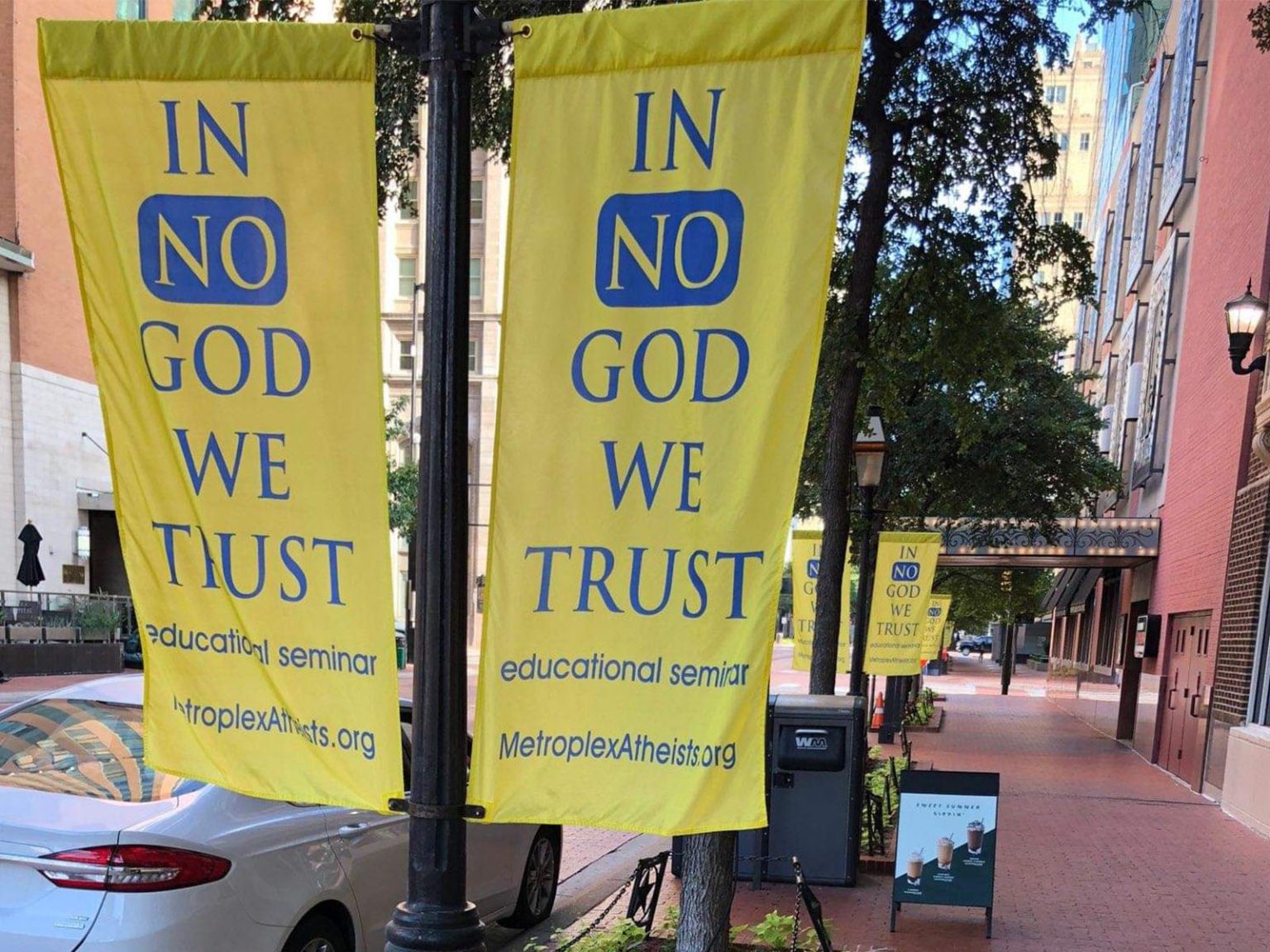Kansas Agency Says Initial Online Search That Sparked Newspaper Raid Was Legal
The initial online search of a state website that led a central Kansas police chief to raid a local weekly newspaper was legal, a spokesperson for the agency that maintains the site said Monday, as newly released video showed the publisher’s 98-year-old mother protesting a search of their home.
Kansas Newspaper Raid Likely Broke the Law, Experts Say
A central Kansas police chief was not only on legally shaky ground when he ordered the raid of a weekly newspaper, experts said, but it may have been a criminal violation of civil rights, a former federal prosecutor added, saying: “I’d probably have the FBI starting to look.”
Tennessee School Removes Student Suspension Over Memes Following First Amendment Lawsuit
A public high school in Tennessee agreed to remove a suspension from a student’s record following a lawsuit that claimed the school’s social media policies violated the student’s First Amendment rights and led to an unconstitutional disciplinary action.
Kansas Prosecutor: Police Should Return Material Seized in Newspaper Raid
A Kansas prosecutor said Wednesday that he found insufficient evidence to support the police raid of a weekly newspaper and that all seized material should be returned in a dispute over press freedoms that the White House acknowledged it is watching closely.
Police Raid of Small Kansas Newspaper Sparks First Amendment Battle
A small newspaper and a police department in Kansas are at the center of a dispute over freedom of speech as the newspaper struggled Monday to publish its next edition, days after police raided its office and the home of its owner and publisher.
First Amendment Auditor Sues NYPD After Arrest for Filming Inside Precinct Lobby
A journalist who was arrested for recording inside of a New York Police Department precinct sued the city July 24, claiming a department policy violates state law and his First Amendment right to record police.
A North Texas nonprofit organization, Metroplex Atheists, filed a lawsuit against the city of Fort Worth after its application for promoting an event about Christian Nationalism on lamppost banners downtown was denied.
Tennessee Student Sues After Suspension for Off-Campus Memes
A Tennessee public high school student sued his school July 18 after he was suspended for posting memes ridiculing his principal, claiming the disciplinary action violated his First Amendment rights.





